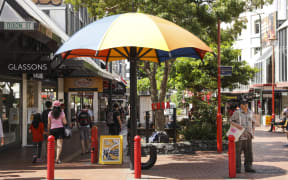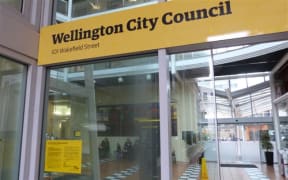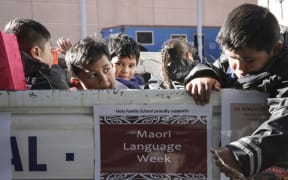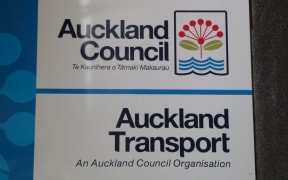The fight to normalise te reo Māori will be taken to the streets of Manurewa this weekend with a bilingual hikoi.
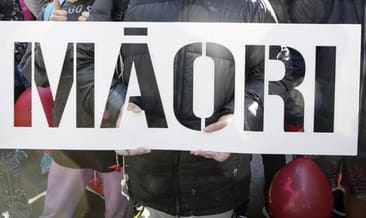
(file photo) Māori Language Week Parade in Wellington in 2017. Photo: RNZ / Rebekah Parsons-King
Local community group Clendon Pride Project has organised the hikoi, aiming to be the first step in making Manurewa the first bilingual suburb in Auckland.
The hikoi begins on Saturday morning in Clendon's town centre and will end at Manurewa Marae.
Manurewa Local Board deputy chairman Rangi McLean said the inspiration for the hikoi came after visiting Ōtaki - which is attempting to become a bilingual town.
"So I went to speak to some of the shop owners and I was mildly surprised to hear they were all supportive of Ōtaki being ... the first bi-lingual town in Aotearoa."
About 28 percent of the population in Manurewa is Māori and Mr McLean sees the potential for Manurewa to become a bilingual suburb.
"Maybe that's going to be our next project after this bilingual hikoi, that Manurewa will be the first suburb to be bilingual."
Melissa Atama is the founder of the Clendon Pride Project Māori in Manurewa and has taken the lead on the hikoi.
"It's a real inclusive event for all of our community to come together and celebrate te reo Māori and just being proud of being in Clendon and putting the mana back in our community."
She said some local businesses already have Māori signage and she wanted to continue to help raise the profile of te reo.
"It's about normalising the fact that we can see te reo around in our town centre and our community and that you can be proud to be Māori and really connect back with your roots and identity."
For the last year the Clendon Pride Project has worked to keep the town centre clean, stop vandalism and anti-social behaviour.
Ms Atama said the project was about lifting the expectations the community has for its suburb.
"It's actually just quite normal for the community that this is actually the standard of the town centre, or these things we have to accept, or these are the homes we have to live in."
Youth worker Teina Rima is involved in the hikoi - he'll be running tapu ae games - a traditional Māori ball game.
He understands what the hikoi means for youth who have lost connection with their culture.
"It will bring some learning around the culture and also for young people to know a lot more about who they are and their culture and their language."
Mr Rima also backs the idea of Manurewa becoming a bi-lingual suburb.
"I'm not Māori but I'm Cook Island which is very close to Māori, and New Zealand being a Māori country in its history - I just don't understand why we're not bilingual already?"
Mr McLean knows what kind of future he can foresee for te reo Māori in his community.
"I can see the day coming when my grandchildren's grandchildren will have no problems of living in a society which is bilingual."

